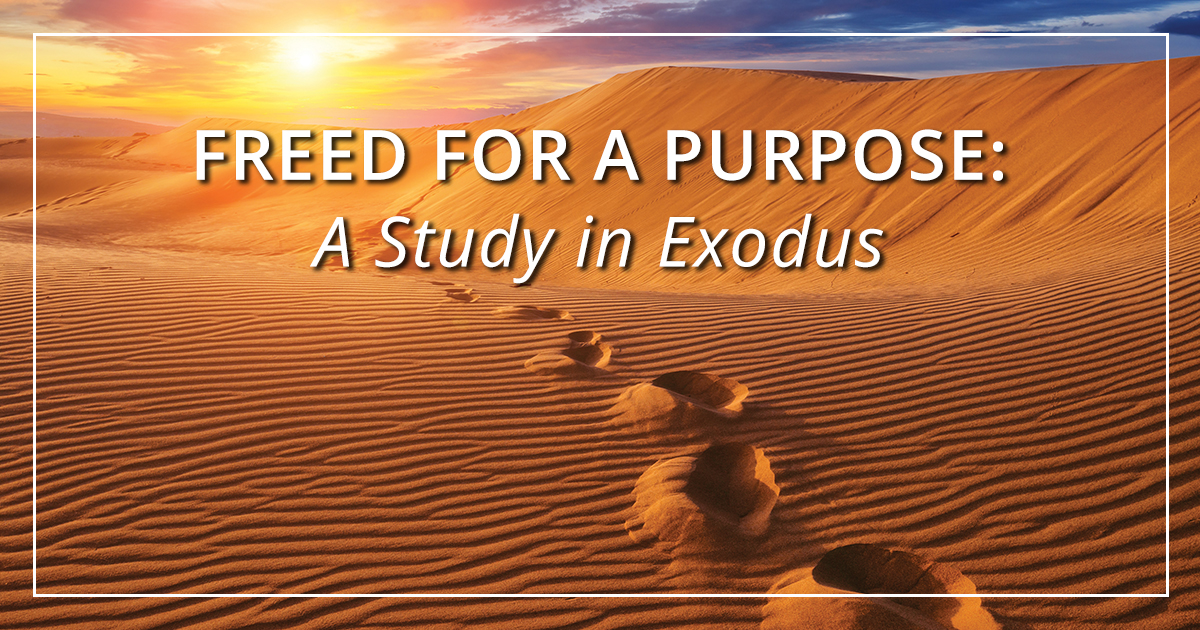

Social Responsibility
- October 18, 2019 | Exodus 22:1–23:9
Musician and author Michael Card recently released both a book and an album on hesed, the Hebrew word for the Lord’s covenant faithfulness and love. As he wrote in the book: “Hesed is a defining characteristic of God. It is linked to his compassion and graciousness. It is expressed in his willingness to forgive wrongdoing and to take upon himself the sin, rebellion, and wrongdoing of his people.”
Hesed permeates the Law and the covenant, even down to the smallest details. The Israelites were commanded, for example, to help with a lost or injured donkey even if the animal belonged to an enemy (23:4–5). Why? Because that’s what God would do. Today’s reading lays out additional specific regulations. First, restitution needed to be made for property damage (22:1–15). Outcomes, intentions, and circumstances were all taken into account. Was it dark? Was it preventable? Was negligence involved? Thieves being required to pay back double was expected to have a deterrent effect.
Second, the community should take responsibility for key social issues—everything from marriage to sexual perversion to witchcraft to caring for the vulnerable, including widows and orphans (22:16–31; see also James 1:27). Marriage was seen as both sexual union and a social institution. Witchcraft, sorcery, and occult practices were treated as idolatry, as they implied a partnership with demonic powers. Foreigners were to receive the same justice as Israelites. Moneylending was framed as assistance in time of need rather than as a business deal for profit. Other rules prohibited blasphemy, cursing leaders, false witness, favoritism (see James 2:1–4), and perverting or denying justice (bribery). These kinds of sinful practices went against God’s ideal of becoming a “holy people.”
Pray with Us
Launch a Leader, Moody’s fundraising event starts today and continues until the end of the month. You may receive a phone call from a Moody student and can help fund our undergraduate students’ education in Chicago. Thank you for standing with us!






